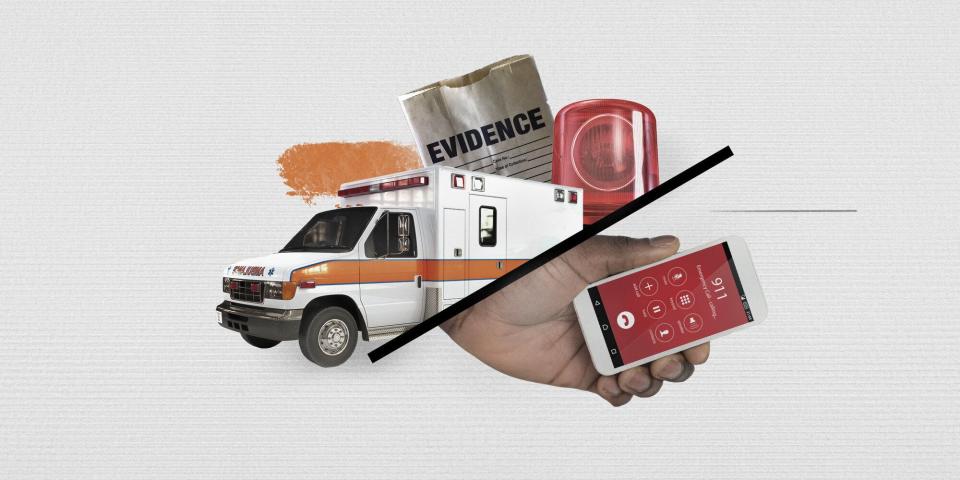Why These Sexual Assault Survivors Support Defunding The Police

As the rallying cry to “defund the police” reverberates across the country, some critics have claimed that women will be irrevocably harmed if police budgets are downsized, pointing specifically to sexual assault survivors. The argument, steeped in misogyny and antiquated ideas of what a victim looks like, uses crimes (largely but by no means exclusively) committed against women to justify the continued overfunding of police.
But for survivors themselves, the debate is more complicated. Some went to the police for help and received it; most who reported crimes saw their perpetrators walk free. Many didn’t go to the police at all, fearing they would face victim-blaming questions and get little help. Some were assaulted by the very people they’d have to report crimes to.
These survivors don’t want more police. They want more help.
HuffPost spoke to more than a dozen survivors of sexual assault about the debate over defunding police. While their views don’t represent those of all survivors ― nearly 434,000 people are sexually assaulted every year in the U.S. ― they said police often ended up retraumatizing them instead of helping them find justice.
“The criminal system is built to punish. It’s not built to support the victim in any way,” Thomas Shim, co-founder of #WhyIDidntReport, told HuffPost. “As soon as you report, you have to retell your experience over and over again to complete strangers who often victim-blame. In the name of ‘I’m just doing my job,’ they’ll ask you things like ‘What were you wearing?’”
One look at the statistics, and it’s easy to see why many survivors don’t report their assaults to law enforcement. Out of every 1,000 sexual assaults, 995 perpetrators will walk free. Survivors who do decide to press charges against their attackers are usually in for a long and expensive legal battle that can end with a prosecutor deciding not to pursue a case or a contaminated, untested rape kit.
Just last...


